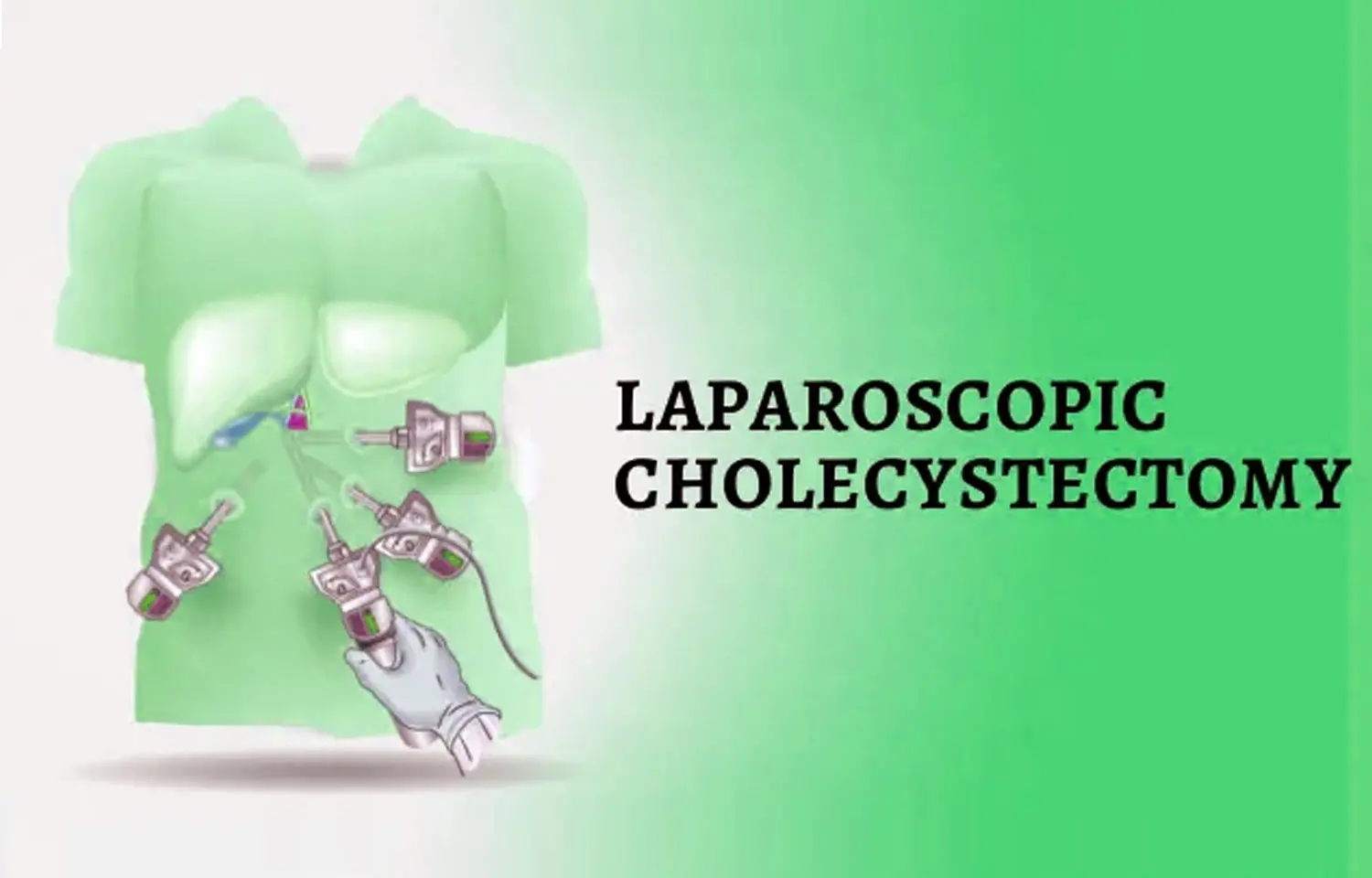- Home
- Medical news & Guidelines
- Anesthesiology
- Cardiology and CTVS
- Critical Care
- Dentistry
- Dermatology
- Diabetes and Endocrinology
- ENT
- Gastroenterology
- Medicine
- Nephrology
- Neurology
- Obstretics-Gynaecology
- Oncology
- Ophthalmology
- Orthopaedics
- Pediatrics-Neonatology
- Psychiatry
- Pulmonology
- Radiology
- Surgery
- Urology
- Laboratory Medicine
- Diet
- Nursing
- Paramedical
- Physiotherapy
- Health news
- Fact Check
- Bone Health Fact Check
- Brain Health Fact Check
- Cancer Related Fact Check
- Child Care Fact Check
- Dental and oral health fact check
- Diabetes and metabolic health fact check
- Diet and Nutrition Fact Check
- Eye and ENT Care Fact Check
- Fitness fact check
- Gut health fact check
- Heart health fact check
- Kidney health fact check
- Medical education fact check
- Men's health fact check
- Respiratory fact check
- Skin and hair care fact check
- Vaccine and Immunization fact check
- Women's health fact check
- AYUSH
- State News
- Andaman and Nicobar Islands
- Andhra Pradesh
- Arunachal Pradesh
- Assam
- Bihar
- Chandigarh
- Chattisgarh
- Dadra and Nagar Haveli
- Daman and Diu
- Delhi
- Goa
- Gujarat
- Haryana
- Himachal Pradesh
- Jammu & Kashmir
- Jharkhand
- Karnataka
- Kerala
- Ladakh
- Lakshadweep
- Madhya Pradesh
- Maharashtra
- Manipur
- Meghalaya
- Mizoram
- Nagaland
- Odisha
- Puducherry
- Punjab
- Rajasthan
- Sikkim
- Tamil Nadu
- Telangana
- Tripura
- Uttar Pradesh
- Uttrakhand
- West Bengal
- Medical Education
- Industry
Three-port reduces hospital stay, analgesia need after leparoscopic cholecystectomy: Study

UK: The three-port technique versus the four-port approach for laparoscopic cholecystectomy is associated with a lower length of hospital stays, and reduced requirement of postoperative analgesia, says a recent study. The decision to use three ports, however, should not be done at the expense of the safe dissection of Calot's triangle.
"Three-port technique could therefore be an option for appropriately trained surgeons who perform it regularly," Lawrence Nip, Department of General Surgery, University Hospital Lewisham, London, UK, and colleagues wrote in their study published in the journal BJS Open.
For cholecystectomy, the four-port laparoscopic technique is the standard approach. Although the three-port technique has been described there is no consensus over the outcomes and efficacy of this approach. The study, therefore, was conducted with an aim to compare the three- and four-port techniques in laparoscopic cholecystectomy for benign diseases of the gallbladder in a systematic review and meta-analysis.
The review was performed according to a predefined protocol registered on PROSPERO. An electronic database search was conducted. Outcomes are reported as risk ratios (RR), mean difference (m.d.), or standardized mean difference (s.m.d.).
The meta-analysis included eighteen trials consisting of 2085 patients.
Based on the study, the following findings were revealed:
- Length of hospital stay and postoperative analgesia requirement favored the three-port group (m.d. −0.29 and s.m.d. −0.68, respectively).
- There were no differences in length of procedure or success rate between the two groups (m.d. 0.90 and RR 0.99, respectively).
- There were no differences in adverse events.
- The overall quality of evidence was low.
"The three-port technique for laparoscopic cholecystectomy is an option for appropriately trained surgeons who perform it regularly," the authors wrote. "However, the decision to use three ports should not be at the expense of the safe dissection of Calot's triangle."
Reference:
Lawrence Nip, Kin-Seng Tong, Cynthia M. Borg, Three-port versus four-port technique for laparoscopic cholecystectomy: systematic review and meta-analysis, BJS Open, Volume 6, Issue 2, April 2022, zrac013, https://doi.org/10.1093/bjsopen/zrac013
Dr Kamal Kant Kohli-MBBS, DTCD- a chest specialist with more than 30 years of practice and a flair for writing clinical articles, Dr Kamal Kant Kohli joined Medical Dialogues as a Chief Editor of Medical News. Besides writing articles, as an editor, he proofreads and verifies all the medical content published on Medical Dialogues including those coming from journals, studies,medical conferences,guidelines etc. Email: drkohli@medicaldialogues.in. Contact no. 011-43720751


